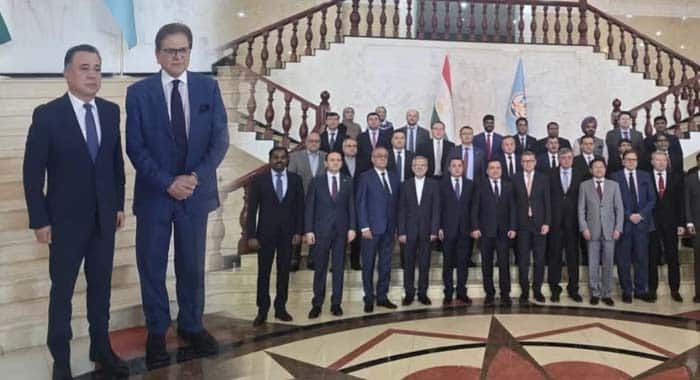The Shanghai Cooperation Organisation (SCO) on Thursday began a two-day consultative meeting in Tajikistan’s capital, Dushanbe, to discuss the evolving situation in Afghanistan, its impact on regional security, and the need for stronger coordination among member states.
SCO Secretary-General Nurlan Yermekbayev, in his opening remarks, said that engagement with the Taliban administration, particularly on security and counterterrorism, would be a key item on the agenda. He noted that Afghanistan continues to grapple with humanitarian crises, restrictions on women’s rights, and threats posed by various terrorist groups.
“There is a growing consensus among SCO members that the situation in Afghanistan has regional implications and demands a unified response,” Yermekbayev said.
Iran’s Assistant Foreign Minister and Director-General for South Asia, Reza Bahrami, emphasized the urgency of enhanced convergence among SCO members to manage the fallout of instability in Afghanistan. “We believe this platform is essential for building a regional approach that prioritizes peace, inclusivity, and security,” Bahrami noted.
On the sidelines of the summit, Pakistan’s special envoy for Afghanistan, Mohammad Sadiq, met with his Tajik counterpart, Khisrav Sohibzoda, to discuss the rising threat of terrorism across Central and South Asia. Sadiq said both sides stressed the need for a joint and coordinated strategy to effectively counter extremist elements operating in and from Afghan territory.
The SCO, which includes China, Russia, Pakistan, India, and several Central Asian states, has increasingly positioned itself as a forum for regional stability and security dialogue. The Dushanbe meeting comes amid growing international concerns over the Taliban’s failure to curb transnational terrorist groups operating inside Afghanistan.





